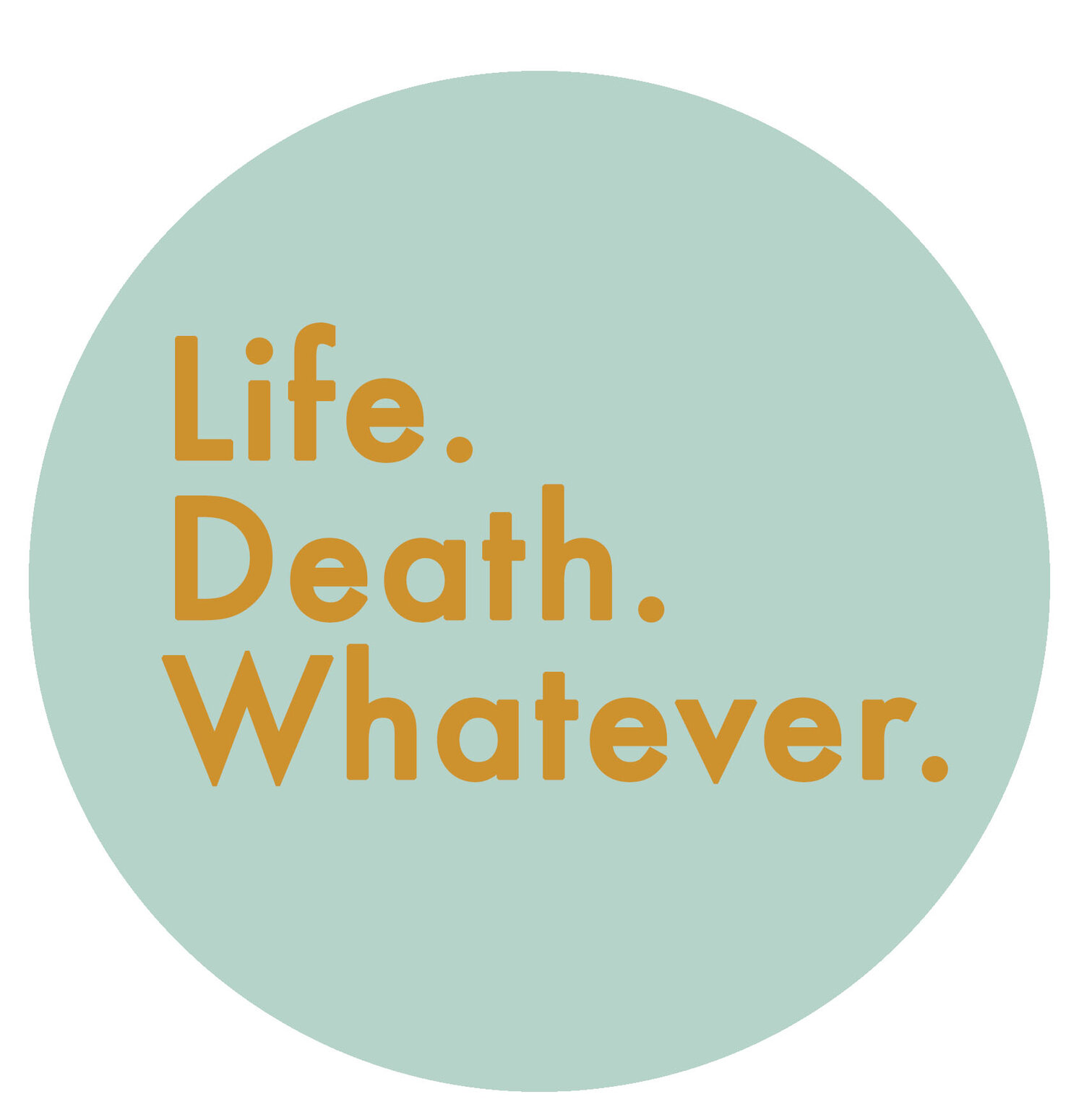Hola, I’m Veronica, and mi mami, Cristina, died from breast cancer at the age of 70 last November 2020 when I was 30. She was first diagnosed in 2016 and, after many treatments and moments of remission, early fall 2020 she entered home-hospice where my dad and I cared for her. Having made it through the second holiday season without my mother just weeks after the first anniversary of her death and now confronted with the approach of another birthday without her, I feel motivated to share some of my thoughts on grief, death, and cancer.
Here are the things I’ve learned after living over a year without my mom:
1. I’ve said this a few times now but I used to think it was an exaggeration when bereaved people said they thought of their person every day. Before I felt the pain of losing my mom I couldn’t imagine this to be true. Now, I realize, it is and it will always be. When I had her I’ll admit there were days when I didn’t think of her much or at all, not out of malice of course but just on par with the busyness of everyday life. Now that she’s gone she’s always here. Every single day. Multiple times a day. It’s not always heartbreaking or sad but it’s a constant awareness of both her continual absence and the gratitude for her past existence. It permeates everything. Even if I don’t always mention it or have it recognized, it is always present.
2. What I’ve realized is that when it is cancer (or any prolonged illness really) there’s this dark cloud of anticipatory grief that follows you around from the moment they’re diagnosed. It’s a fear mixed with hope that coexist until the moment you are told there’s nothing more that can be done. That for me was when I realized a part of me had been grieving for years and I was overwhelmed with an impotence at not being able to stop the inevitable. I became actively filled with what ifs. What ifs about the past, and what ifs about the future. Why couldn’t we have had more time together? What if I too get cancer when I’m older? As tempting as they are, I realized they’re not useful. What helps me is to stay anchored in facts, in what I knew then and what I know now. There will always be many things left unsaid or undone, there will always be an uncertain future, but what was and is also carries weight and helps keep me balanced.
3. Grief doesn’t go away. This pain doesn’t go away. There is never going to be a moment when we’re done grieving. Rather, we learn to integrate this loss into our life. It becomes a part of us. Something we carry with us always. Any moment of happiness does not mean I am doing a disservice to my mother. On the contrary, it means I’m embracing one of her most valued attributes: her love for quality of life. Indeed, every happy moment I experience from here on out will have a tinge of sadness but what helps me is the realization that no amount of joy counteracts or detracts from the pain I feel from her death but rather, that from now on, they coexist.
4. Over this past year I began to have these moments where I feel her close. I started being good at recognizing signs or rather things I interpret as signs. The thing is, it doesn’t matter if it’s “real” or not. I knew my mom very well. Who she was is such a huge part of who I am that even if what I imagine as her signs are simply figments of my imagination they still remain a product of my closeness to her. Therefore whether it’s her or me it doesn’t matter as it always boils down, in some way, to her. So yes, 2021 was the first calendar year without her physical presence, yet despite that, she was still with me on my birthday. She was still there at my best friend’s wedding. She’s with my dad and I as we try and recreate her bakes. And she will continue to be with me in memories I haven’t made yet.
5. Talking about death is so important. In our society it’s become so taboo, something to avoid. The thing is, not talking about it does not save you or those you love from dying. It does however keep you unprepared and scared of the one thing we have no control over. This fear keeps us from truly understanding the transitory nature of what living is. It doesn’t make the pain of losing someone you love any less devastating but it does help us understand our role in the universe and how, while we can no longer see them, the energy that made them is around us still. To this end, I’ve found myself talking about death so much more. Contrary to our gut reaction this does not need to be morbid. It can and is fruitful and has its slivers of beauty. Fear of death is so palpable but perhaps we are scared of the wrong thing. In unmasking death we remind ourselves of the most important lesson life offers: to be present in the now and that while nothing lasts forever, if something existed its impact remains long after its gone or changed.


